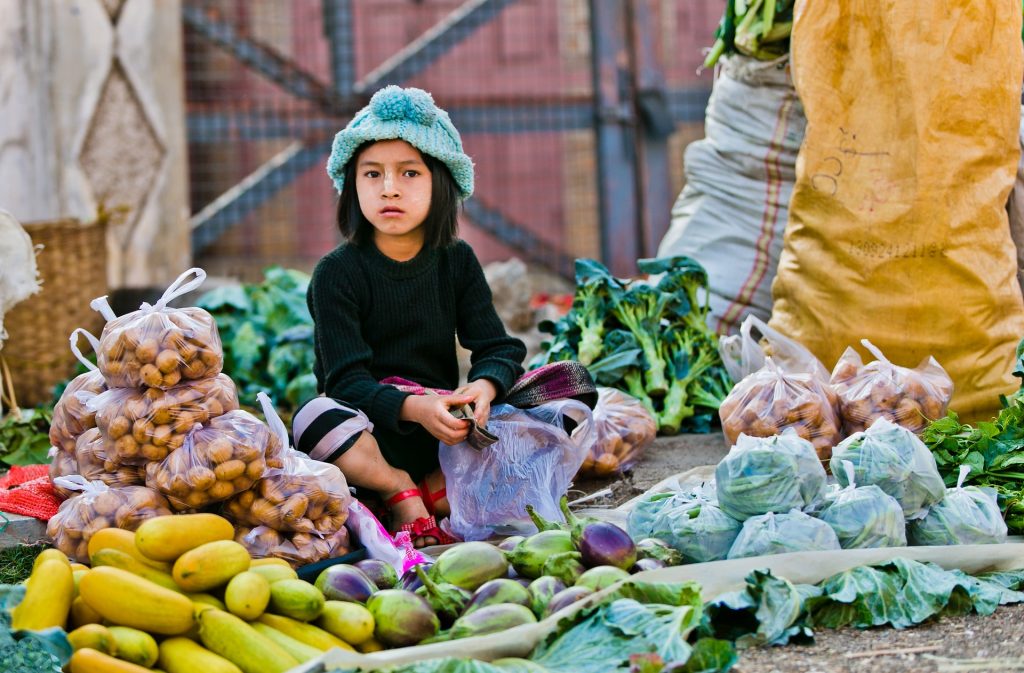COVID-19 Impact on Food and Nutrition Security in Asia

6 min read
How has the COVID-19 pandemic impacted the food nutrition security situation in Asia? The global pandemic of COVID-19 is affecting people all over the world. Beyond its impact on the health sector, the disease has had major implications on social, economic and psychological aspects of life. It has disrupted education, work, and food systems and shattered the livelihoods for millions of people globally.
Fight Malnutrition in Asia With the Power of Philanthropy

5 min read
It is painfully clear that investment for nutrition is not comparable to the scale of the issue at hand. Interventions in nutrition in Asia receive merely an estimated 1% of public sector funding despite the fact that 45% of all child deaths occur as a direct or indirect result of malnutrition. In fact, the triple burden of undernutrition, micronutrient deficiencies and overnutrition at today’s levels costs the global economy up to US$3.5 trillion annually. In light of this, it is not only imperative that actors in the space consolidate their efforts to achieve global standards for nutrition but also make room for more private sector engagement.
In the Fight for Gender Equality, Nutrition Is Key

5 min read
Why Investment in Nutrition is Critical? Malnutrition is a global crisis. Poor nutrition has far-reaching implications. On an individual level, it causes people to be more susceptible to illnesses due to weakened immunities. From a wider perspective, malnutrition strains healthcare systems, and causes losses in human capital and workplace productivity. During his sharing, Martin Short, CEO of The Power of Nutrition emphasised that malnutrition costs an estimated US$3.5 trillion annually worldwide.
Why Malnutrition is the Nexus of Key Social Challenges in Asia

6 min read
Nutrition is a massively underfunded global social and health issue. In contrast to the over USD 500 billion spent per year on fossil fuel subsidies, the funders spend only about USD 3.9 billion annually on efforts to reduce malnutrition. In 2016, the World Bank estimated that governments and donors needed to spend an additional USD 7 billion annually for the next 10 years over the UN Decade of Action on Nutrition (2016–2025)[1] to meet targets set by the World Health Assembly, a goal that remains unrealised. The scarcity of funding for nutrition is puzzling given its high social return on investment. Every USD 1 spent on basic nutrition gives back an estimated USD 16 to the local economy, comparable to investments in health, irrigation, and roads.















